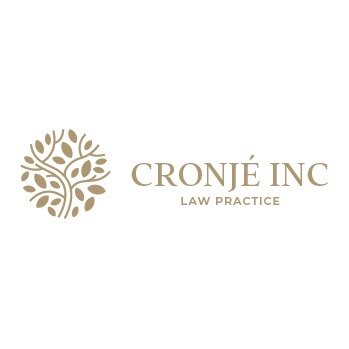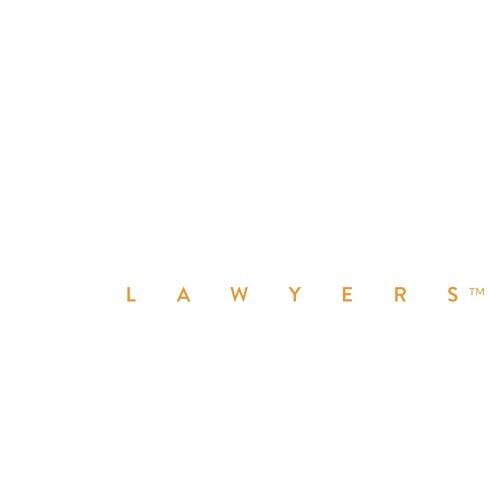Best Health Care Lawyers in Namibia
Share your needs with us, get contacted by law firms.
Free. Takes 2 min.
Or refine your search by selecting a city:
List of the best lawyers in Namibia
About Health Care Law in Namibia
Health Care in Namibia is governed by a combination of laws, regulations, and policies that aim to ensure access to quality healthcare for all citizens. The Health Professions Act of 2004 regulates healthcare practitioners and their conduct, while the Medical Aid Funds Act of 1995 governs the operation of medical aid schemes in the country.
Why You May Need a Lawyer
There are various situations in which you may need legal assistance in the field of Health Care in Namibia. This could include issues related to medical malpractice, disputes with healthcare providers, medical aid claims, or compliance with healthcare regulations.
Local Laws Overview
The key aspects of local laws relevant to Health Care in Namibia include the Health Professions Act, which regulates the registration and conduct of healthcare practitioners, and the Medical Aid Funds Act, which governs the operation of medical aid schemes in the country. Additionally, the Public Health Act of 2015 sets out regulations on public health and the prevention of diseases.
Frequently Asked Questions
1. Can I sue a healthcare provider for medical malpractice in Namibia?
Yes, you can sue a healthcare provider for medical malpractice in Namibia if you believe they have breached the standard of care expected of them.
2. What are my rights as a patient in Namibia?
As a patient in Namibia, you have the right to receive quality healthcare, privacy and confidentiality, and to make informed decisions about your treatment.
3. How do I file a complaint against a healthcare provider in Namibia?
You can file a complaint against a healthcare provider in Namibia with the Health Professions Council of Namibia or the Medical and Dental Council.
4. Are medical aid schemes mandatory in Namibia?
No, medical aid schemes are not mandatory in Namibia, but they are a common way for individuals to access private healthcare services.
5. Can I be denied medical treatment in Namibia?
Healthcare providers in Namibia cannot deny you treatment based on factors such as race, gender, religion, or nationality.
6. What are the penalties for violating healthcare regulations in Namibia?
Violations of healthcare regulations in Namibia can result in fines, suspension of licenses, or criminal prosecution, depending on the severity of the offense.
7. How can I ensure my medical records are kept confidential in Namibia?
Healthcare providers in Namibia are required to keep your medical records confidential and only share them with your consent or as required by law.
8. Can I choose my own healthcare provider in Namibia?
Yes, you have the right to choose your own healthcare provider in Namibia, whether they are private or public.
9. What is the role of the Health Professions Council of Namibia?
The Health Professions Council of Namibia is responsible for regulating the registration, training, and conduct of healthcare practitioners in the country.
10. How can I appeal a decision made by my medical aid scheme in Namibia?
If you disagree with a decision made by your medical aid scheme in Namibia, you can appeal the decision through the scheme's internal appeals process or contact the Medical Aid Board for assistance.
Additional Resources
For additional information and support related to Health Care in Namibia, you can contact the Ministry of Health and Social Services or seek guidance from organizations such as the Namibian Association of Medical Aid Funds.
Next Steps
If you require legal assistance in the field of Health Care in Namibia, it is recommended to seek advice from a qualified healthcare lawyer who is familiar with the local laws and regulations. They can help you understand your rights, navigate legal processes, and advocate on your behalf if needed.
Lawzana helps you find the best lawyers and law firms in Namibia through a curated and pre-screened list of qualified legal professionals. Our platform offers rankings and detailed profiles of attorneys and law firms, allowing you to compare based on practice areas, including Health Care, experience, and client feedback.
Each profile includes a description of the firm's areas of practice, client reviews, team members and partners, year of establishment, spoken languages, office locations, contact information, social media presence, and any published articles or resources. Most firms on our platform speak English and are experienced in both local and international legal matters.
Get a quote from top-rated law firms in Namibia — quickly, securely, and without unnecessary hassle.
Disclaimer:
The information provided on this page is for general informational purposes only and does not constitute legal advice. While we strive to ensure the accuracy and relevance of the content, legal information may change over time, and interpretations of the law can vary. You should always consult with a qualified legal professional for advice specific to your situation.
We disclaim all liability for actions taken or not taken based on the content of this page. If you believe any information is incorrect or outdated, please contact us, and we will review and update it where appropriate.
Browse health care law firms by city in Namibia
Refine your search by selecting a city.
















